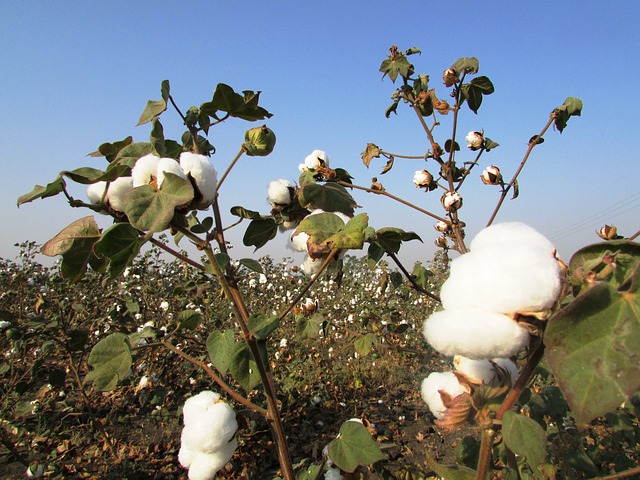
Pest Blights India’s GM Cotton Crop, Fuelling Debate Over Risks
Two Indian states are suffering the first major pest infestation since the country adopted genetically modified cotton in 2002, raising concerns over the vulnerability of the lab-grown seeds that yield nearly all of the cotton in the world's top producer.
Damage from the whitefly attack on the Bt cotton variety in the states of Punjab and Haryana is likely to be extensive and has even been blamed for farmer suicides, according to local officials and experts.
India's overall crop losses are expected to be light, because the states are not major producing centers, but the pest attack is inflaming debate over the usage of GM crops.
October 9, 2015 | Source: Reuters | by Rajendra Jadhav and Rupam Jain Nair
Two Indian states are suffering the first major pest infestation since the country adopted genetically modified cotton in 2002, raising concerns over the vulnerability of the lab-grown seeds that yield nearly all of the cotton in the world’s top producer.
Damage from the whitefly attack on the Bt cotton variety in the states of Punjab and Haryana is likely to be extensive and has even been blamed for farmer suicides, according to local officials and experts.
India’s overall crop losses are expected to be light, because the states are not major producing centers, but the pest attack is inflaming debate over the usage of GM crops.
Bt cotton was tweaked by scientists at Monsanto to produce its own insecticide to kill pests like bollworms. But two years of drought have encouraged the spread of whitefly against which the strain has no resistance. The winged pest damages the leaves of the cotton plant by sucking out fluid.
“Bt technology is effective only against specific types of bollworms that are known to cause maximum yield loss and economic damage to the cotton crop,” said a spokesman for Mahyco Monsanto Biotech (India) Pvt. Ltd.
The joint venture between India’s Mahyco and a local unit of Monsanto has sub-licensed production of its Bt cotton strains – first approved for sale in India in 2002 – to 28 seed companies.
“Currently there are no approved agriculture biotechnology solutions to counter the infestation of whiteflies. The recommended solution for farmers is spraying of approved pesticides.”
The Bt seeds cost more than older cotton strains and must be bought new each year by farmers. The companies that market the GM cotton say growers end up better off because they get higher yields and save money on pesticides, but some farmer groups are concerned about growing dependency on the new varieties.
The farmers’ union allied to Prime Minister Narendra Modi’s ruling party is stepping up its opposition: It wants Bt cotton banned and is trying to block the introduction of crops like GM mustard – an oilseed – now in development.
